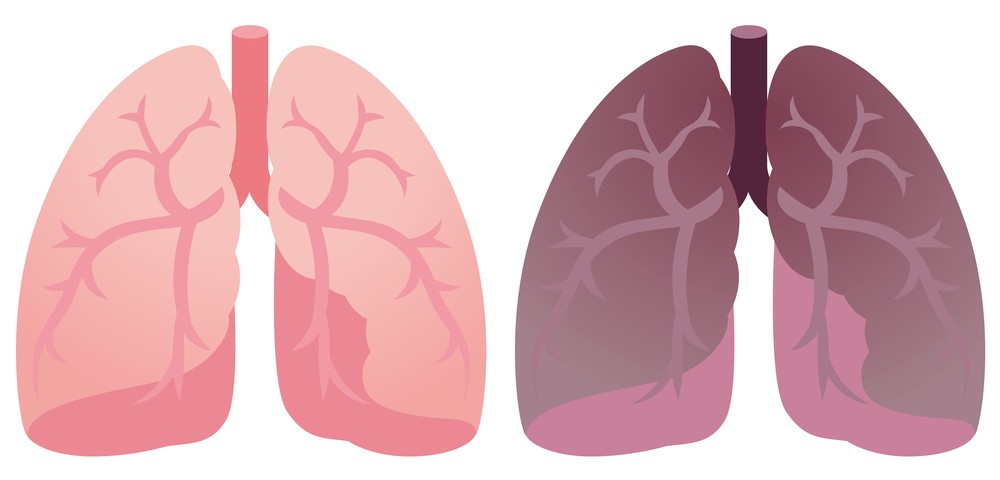An international group of researchers addressed an important clinical question about idiopathic pulmonary fibrosis (IPF) — Should people with IPF continue treatment with pirfenidone (Esbriet) if their disease meaningfully worsens? The answer was a hedged “yes,” based largely on the benefits associated with continued pirfenidone treatment compared to the risks of discontinuing it.
The study, “Effect of continued treatment with pirfenidone following clinically meaningful declines in forced vital capacity: analysis of data from three phase 3 trials in patients with idiopathic pulmonary fibrosis,“ appeared March 11, 2016, in the journal Thorax.
IPF refers to the thickening and scarring of lung tissue for reasons unknown. The disease results in difficulty breathing and is eventually fatal. Understanding which patients best benefit from continued treatment, even if their disease progresses, can aid in treatment decisions made by clinicians in their daily practice.
The investigators, led by Steven D. Nathan of the Advanced Lung Disease and Transplant Program, Inova Fairfax Hospital, Virginia, wanted to understand the variability of IPF disease progression and whether pirfenidone should be continued in patients with IPF who have substantial disease progression despite treatment.
Study subjects included 1,247 patients enrolled in the ASCEND and CAPACITY clinical trials, which assessed the effectiveness and safety profile of pirfenidone in IPF. The researchers focused on forced vital capacity (FVC), a measurement of lung function when a person exhales with as much force as possible. They identified patients who experienced a 10 percent or greater decline in FVC within a six-month period. They then assessed the number of individuals in a group receiving pirfenidone, and in a group receiving placebo, who experienced an additional 10 percent or greater decline in FVC or death in the following six months.
The scientists found that in those IPF patients with a 10 percent or greater decrease in FVC within the first six months of treatment, maintaining pirfenidone treatment diminished risk of another 10 percent or more decline in FVC or death when compared to a placebo.
“Our findings provide the first available evidence to suggest that continued treatment with pirfenidone may confer a benefit to patients with idiopathic pulmonary fibrosis who exhibit evidence of meaningful disease progression during treatment,” the researchers concluded.
Overall, the study indicates that continued pirfenidone can be beneficial to patients with IPF, even if they experience continued decline in FVC. This information could be informative for clinicians treating IPF.

